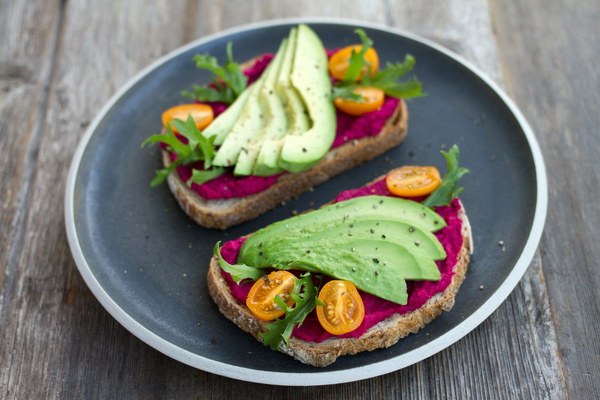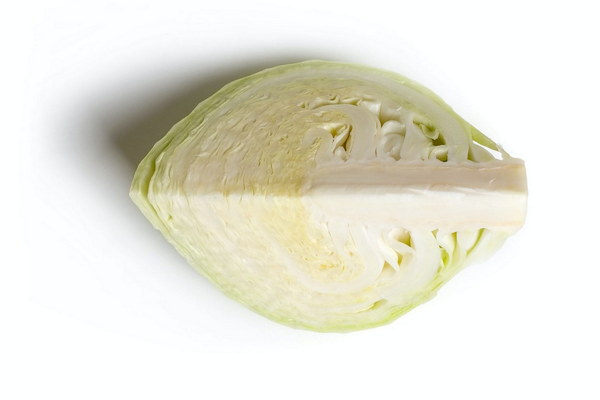Eyesight Correction Through Dietary Therapy A Natural Approach to Correcting Strabismus
Introduction:
Strabismus, commonly known as crossed eyes, is a condition where the eyes do not align properly, causing vision problems and an aesthetically unappealing appearance. While conventional treatments like surgery and glasses are commonly used, many individuals seek natural alternatives to improve their eye alignment. One such natural approach is through dietary therapy. This article explores the benefits of incorporating specific foods into your diet to correct strabismus and promote better eye health.
1. Understanding Strabismus:
Strabismus is a neurological disorder that affects the muscles responsible for eye movement. It can occur in individuals of any age and can be caused by various factors, including genetic predisposition, brain injury, or muscle imbalance. The condition can lead to binocular vision problems, eye strain, and potential amblyopia (lazy eye).
2. The Role of Nutrition in Eye Health:
Nutrition plays a crucial role in maintaining overall health, including eye health. Certain nutrients are essential for the proper functioning of the eyes and can contribute to correcting strabismus. By incorporating these nutrients into your diet, you can support your eye health and potentially improve eye alignment.
3. Foods Rich in Essential Nutrients:
a. Omega-3 Fatty Acids: Omega-3 fatty acids, particularly DHA and EPA, are vital for eye development and function. They can be found in fatty fish like salmon, mackerel, and sardines. Other sources include flaxseeds, chia seeds, and walnuts.
b. Vitamin A: Vitamin A is essential for maintaining healthy vision and promoting eye development. It can be obtained from dark leafy greens like spinach and kale, as well as orange vegetables like carrots and sweet potatoes.
c. Vitamin C: Vitamin C is a powerful antioxidant that helps protect the eyes from oxidative stress. Citrus fruits, strawberries, bell peppers, and broccoli are excellent sources of vitamin C.
d. Vitamin E: Vitamin E is another antioxidant that protects the eyes from damage. Nuts, seeds, and leafy greens like spinach and broccoli are rich in vitamin E.
e. Zinc: Zinc plays a crucial role in the function of the retina and is essential for proper eye development. Foods high in zinc include nuts, seeds, legumes, and whole grains.
f. Lutein and Zeaxanthin: These carotenoids are found in the retina and help protect against age-related macular degeneration. Leafy greens, egg yolks, and orange-colored fruits and vegetables like mangoes and oranges are good sources of lutein and zeaxanthin.

4. Incorporating Nutritious Foods into Your Diet:
To promote eye health and potentially correct strabismus, it is important to incorporate a variety of nutritious foods into your diet. Here are some tips to get started:
a. Include a variety of colorful fruits and vegetables in your meals, as they provide a wide range of vitamins, minerals, and antioxidants.
b. Add omega-3 fatty acids to your diet by incorporating fatty fish, flaxseeds, chia seeds, and walnuts into your meals.
c. Incorporate dark leafy greens like spinach and kale into your salads, smoothies, or sautéed dishes.
d. Include nuts, seeds, legumes, and whole grains to ensure an adequate zinc intake.
e. Consider taking a multivitamin supplement that contains essential vitamins and minerals if you are unable to meet your nutritional needs through diet alone.
5. Lifestyle Factors:
In addition to dietary therapy, adopting certain lifestyle factors can also contribute to better eye health and potentially improve strabismus. These include:
a. Regular eye exercises: Eye exercises can help strengthen the eye muscles and improve alignment. Consult with an eye care professional for appropriate exercises.
b. Proper lighting: Ensure you have adequate lighting in your workspace and while reading to reduce eye strain.
c. Take regular breaks: Take breaks from screens and close your eyes for a few minutes to reduce eye strain.
Conclusion:
While dietary therapy alone may not completely correct strabismus, incorporating essential nutrients into your diet can support eye health and potentially improve eye alignment. By focusing on a balanced diet rich in vitamins, minerals, and antioxidants, you can promote overall eye well-being and potentially enhance the effectiveness of other treatment options. Remember to consult with an eye care professional for personalized advice and treatment recommendations.









